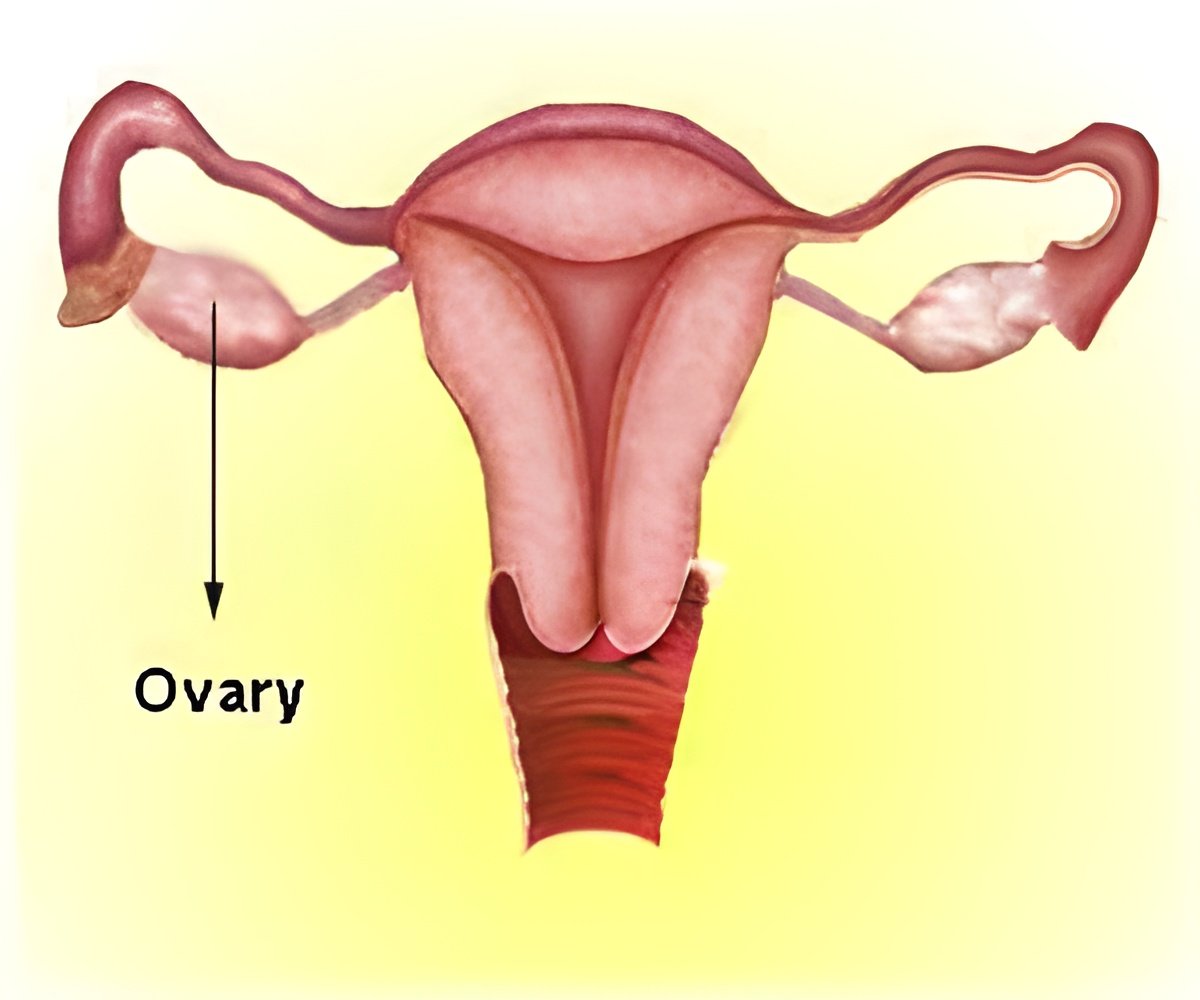Researchers have uncovered the cause of a rare type of ovarian cancer. The findings of the study are published in Natural Genetics.

The findings revealed a "genetic superhighway" mutation in a gene found in the overwhelming majority of patients with small cell carcinoma of the ovary, hypercalcemic type, also known as SCCOHT.
This type of cancer usually is not diagnosed until it is in its advanced stages. It does not respond to standard chemotherapy, and 65 percent of patients die within 2 years. It has affected girls as young as 14 months, and women as old as 58 years — with a mean age of only 24 years old. In this study, the youngest patient was 9 years old.
"This is a thoroughly remarkable study. Many genetic anomalies can be like a one-lane road to cancer; difficult to negotiate. But these findings indicate a genetic superhighway that leads right to this highly aggressive disease," said Dr. Jeffrey Trent, President and Research Director of TGen, and the study's senior author. "The correlation between mutations in SMARCA4 and the development of SCCOHT is simply unmistakable."
Dr. Trent added that while the breakthrough is for a relatively rare cancer, discovering the origins of this type of ovarian cancer could have implications for more common diseases.
Much of the work in this study was inspired by the memory of Taryn Ritchey, a 22-year-old TGen patient who in 2007 lost her battle with ovarian cancer, the 5th leading cause of cancer death among American women.
The SMARCA4 gene — previously associated with lung, brain and pancreatic cancer — was the only recurrently mutated gene in the study's samples. The implications of this discovery, therefore, may be widespread.
"The past decade of research has taught us that cancer is a vastly complex disease. Profound patient-to-patient variability has made treatment and diagnosis for many tumor types at times very difficult. In this case, however, we have found a single genetic event driving SCCOHT in nearly every patient," said Dr. William Hendricks, a TGen Staff Scientist and another author of the study.
"We have shown that loss of SMARCA4 protein expression is extremely specific to SCCOHT and can facilitate the diagnosis of SCCOHT," said Dr. Anthony N. Karnezis, a fellow at British Columbia Cancer Agency in Vancouver.
"We set out to uncover any small sliver of hope for women afflicted with this rare cancer. What we found instead are the nearly universal underpinnings of SCCOHT," said Pilar Ramos, a TGen Research Associate, and the study's lead author. "By definitively identifying the relationship between SMARCA4 and SCCOHT, we have high confidence that we have set the stage for clinical trials that could provide patients with immediate benefit."
In a scientific rarity, two other studies with similar results also were to be published today by Nature Genetics, producing immediate validation and reflecting a scientific consensus that usually takes months or even years to accomplish.
Source-Eurekalert
 MEDINDIA
MEDINDIA




 Email
Email










